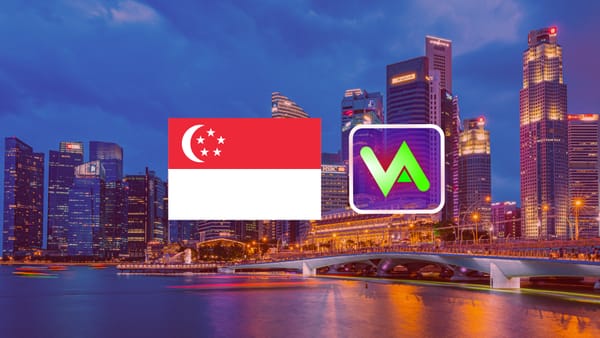
Singapore Enhances Framework for Virtual Assets and Expands Payment Services Oversight
The Monetary Authority of Singapore (MAS) has announced sweeping amendments to the Payment Services Act. The expanded scope of regulated payment services in Singapore aims to provide a clear and supportive framework for the rapidly evolving virtual asset ecosystem, while safeguarding the interests of consumers and businesses.
Key Amendments to Payment Services Act
The MAS has broadened the definitions of "digital payment token service", "cross-border money transfer service", and "domestic money transfer service" to encompass a wider range of activities within the virtual asset ecosystem. These amendments seek to close regulatory gaps and ensure a more comprehensive framework for the supervision of virtual asset service providers operating in Singapore.
Impact on Virtual Asset Service Providers
Under the revised regulations, virtual asset service providers (VASPs) dealing in cryptocurrencies and non-fungible tokens (NFTs) will now fall under the purview of the MAS. This means that VASPs must apply for a license to operate legally in Singapore, subjecting them to a stringent vetting process to assess their compliance with requirements.
Licensed VASPs will be required to implement robust AML/CFT measures, including customer due diligence, transaction monitoring, and suspicious activity reporting. The MAS aims to ensure that VASPs operate with the highest standards of integrity and transparency in Singapore.
Safeguarding Measures for Retail Investors
In a bid to protect retail investors in Singapore, the MAS has proposed prohibiting VASPs from offering incentives or credit facilities to encourage trading in virtual assets. This move seeks to curb excessive risk-taking and prevent retail investors in Singapore from overextending themselves financially.
Furthermore, the MAS is considering a ban on allowing retail investors to trade virtual assets on leverage or use credit cards for such transactions. These measures aim to reduce the potential for financial harm and ensure that retail investors engage with virtual assets in a more responsible manner.
To further safeguard customers' assets, the MAS will require VASPs to segregate customers' funds from their own, providing an additional layer of protection in the event of insolvency or other financial difficulties.
Stablecoin Regulation
Recognizing the growing prominence of stablecoins, the MAS has introduced a new regulated activity called "Stablecoin Issuance Service" in Singapore. This will oversee single-currency pegged stablecoins issued in Singapore, ensuring their stability and reliability.
Stablecoin issuers in Singapore will be required to maintain adequate reserve assets backing the issued stablecoins and meet specific capital requirements. These measures aim to mitigate the risks associated with stablecoins and foster greater confidence in their use as a means of payment.
International Alignment and Collaboration
The amendments to the Payment Services Act align Singapore's crypto regulations with the enhanced standards set by the Financial Action Task Force (FATF). By adopting these international best practices, Singapore demonstrates its commitment to combating money laundering and terrorism financing in the virtual asset space.
Moreover, the MAS is actively collaborating with the Financial Services Agency of Japan to promote digital asset innovation and share best practices. This international cooperation underscores the importance of a coordinated approach to regulating virtual assets in an increasingly interconnected global financial system.
Industry Response and Next Steps
The MAS conducted a public consultation on the proposed amendments in Singapore. The feedback received will inform the final shape of the regulations, ensuring that they strike a balance between fostering innovation and mitigating risks.
Moving forward, the MAS will issue guidelines on market integrity risks and unfair trading practices for VASPs in Singapore, providing further clarity on the expected standards of conduct. Affected firms will be granted a transition period to apply for licenses or vary their existing ones to comply with the new regulations.
As Singapore continues to refine its regulatory framework for virtual assets, the MAS remains committed to maintaining the city-state's position as a leading fintech hub while prioritizing the stability and integrity of the financial system. The expanded scope of regulated payment services marks a significant step towards achieving this goal, paving the way for a more secure and sustainable virtual asset ecosystem.